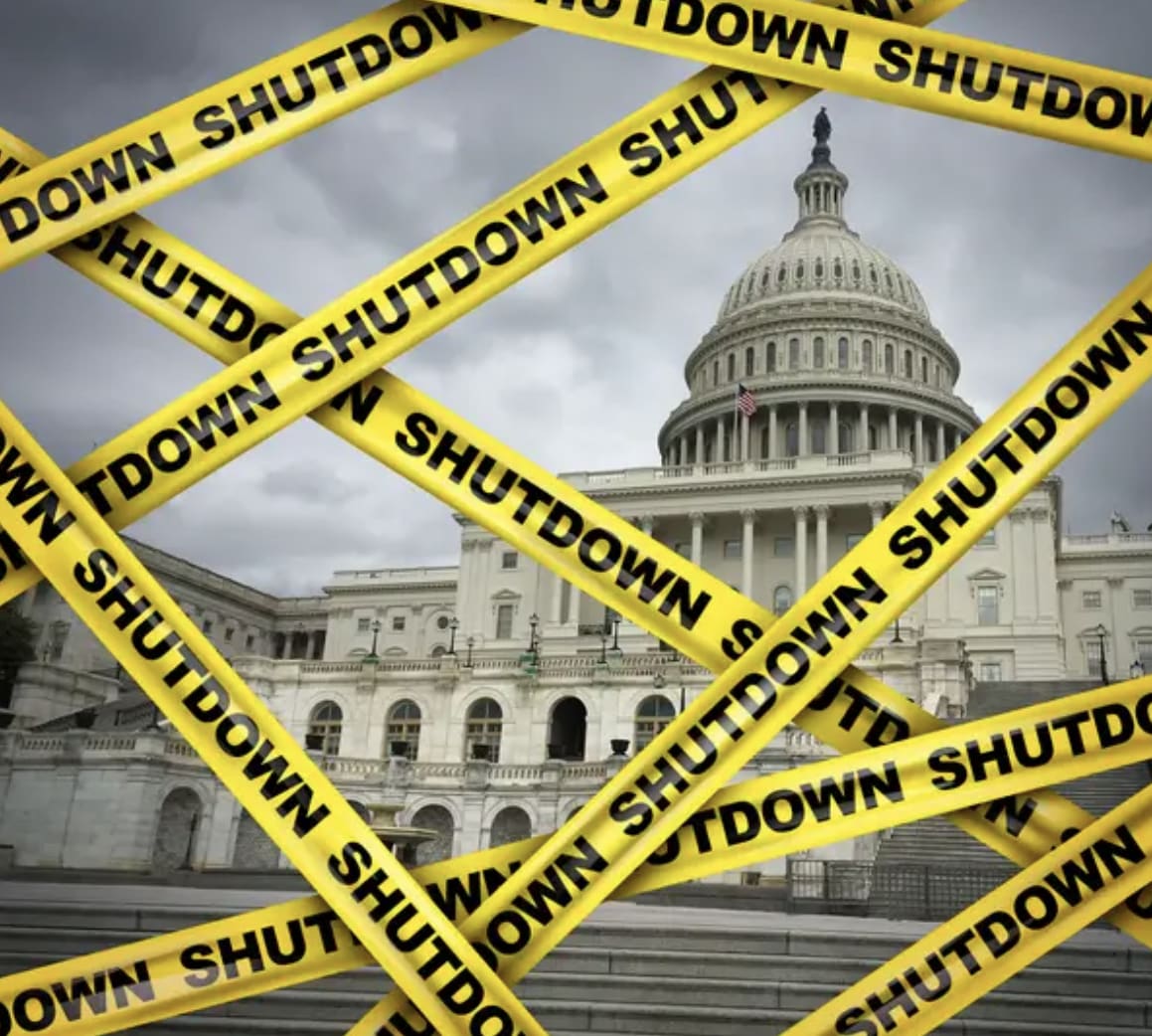Longest Government Shutdown in History

Longest Government Shutdown in History
By Ian Smith
The ongoing government shutdown is now the longest in U.S. history.
![]()

The ongoing partial government shutdown is now the longest in our country’s history, surpassing the 35-day shutdown that started in December 2018 and extended into January 2019.
At the heart of the stalemate is the dispute between Republicans and Democrats over expanded ACA (Obamacare) subsidies. Democrats want to extend enhanced subsidies while Republicans have insisted on a clean continuing resolution without these provisions.
A vote failed in the Senate for the 14th time yesterday to pass a continuing resolution to fund the government until November 21. The consensus in the Senate now seems to be that passing this Republican proposal to continue funding until November 21 is moot because of how long the ongoing shutdown has lasted.
However, good news appears to be starting to emerge with respect to finally ending the stalemate in Washington. Reports indicate that lawmakers seem to be agreeing on a possible path forward to end the shutdown, possibly even as soon as later this week.
According to the Wall Street Journal, Senators are considering the possibility of a combination of a new short-term funding bill with some of the 12 annual appropriations bills to fund individual agencies to reopen the government.
This “minibus” as it’s being referred to would include three separate bills to fund the Department of Veterans Affairs, the legislative branch, and the Department of Agriculture and Food and Drug Administration.
This is a different approach than has been taken previously. Both parties were initially dug into their positions, but then a shift seemed to start to emerge when both parties began to introduce bills to provide relief in certain areas, namely to federal employees.
Senator Ron Johnson (R-WI) introduced a bill to pay excepted federal employees, those required to work during the shutdown.
On the Democrat side, Senator Chris Van Hollen (D-MD) introduced legislation to pay all federal employees and prohibit agencies from running RIFs during the shutdown.
The bills have not advanced but at least led to talks to start bringing the two sides together on some issues, and they indicated a shift away from the hardline stances of both Republicans and Democrats to preserve their political leverage in negotiations.
Another shift occurred when AFGE broke ranks with Democrats and called for an end to the shutdown last week by passing a continuing resolution.
There have been talks around a new continuing resolution that extends into December or January as part of a possible agreement to end the shutdown.
House Speaker Mike Johnson (R-LA) said this week that he is not in favor of a temporary funding measure that only goes into December and said that it would be better to have it extend into January.
“There’s some discussion about it. We’ll see where it lands,” he said during a press briefing Tuesday.
Senate Majority Leader John Thune (R-SD) was one of several lawmakers who expressed optimism that the shutdown could end by the weekend.
Source here
